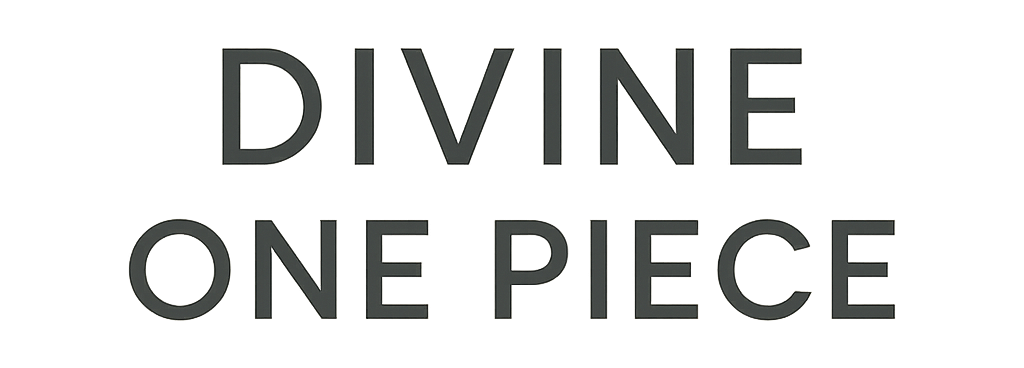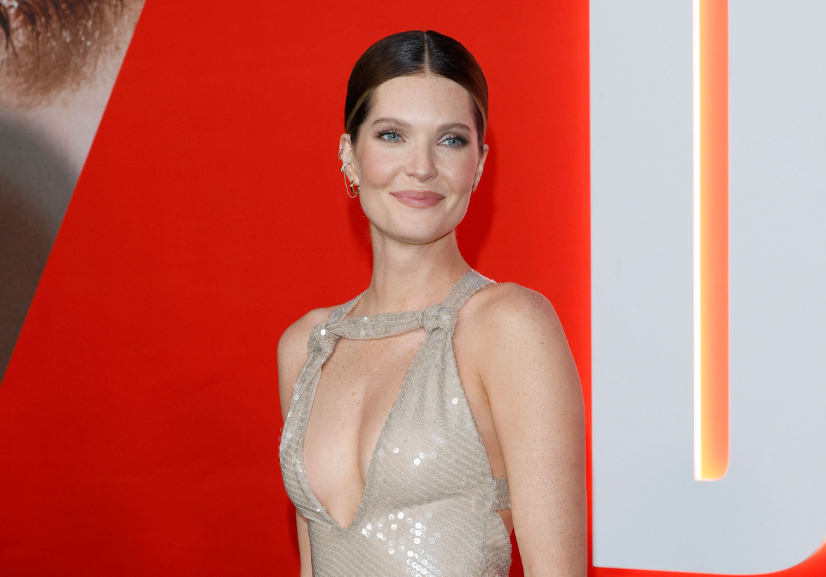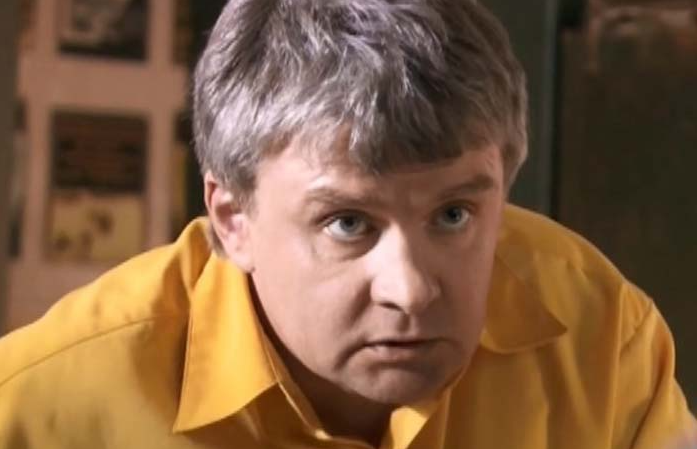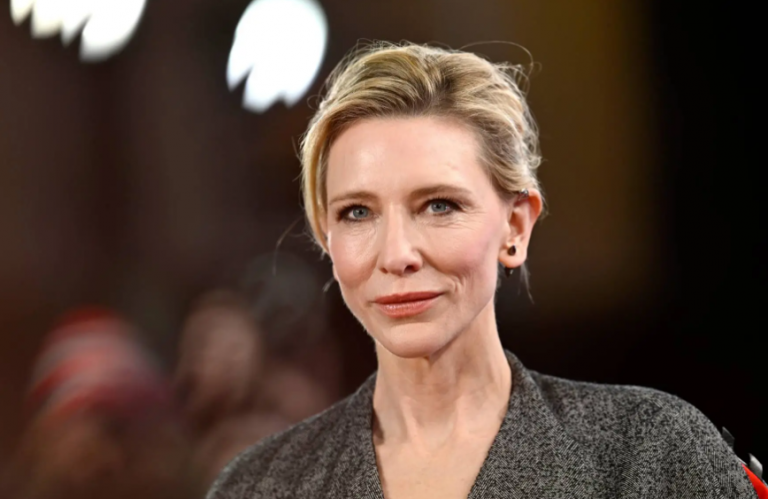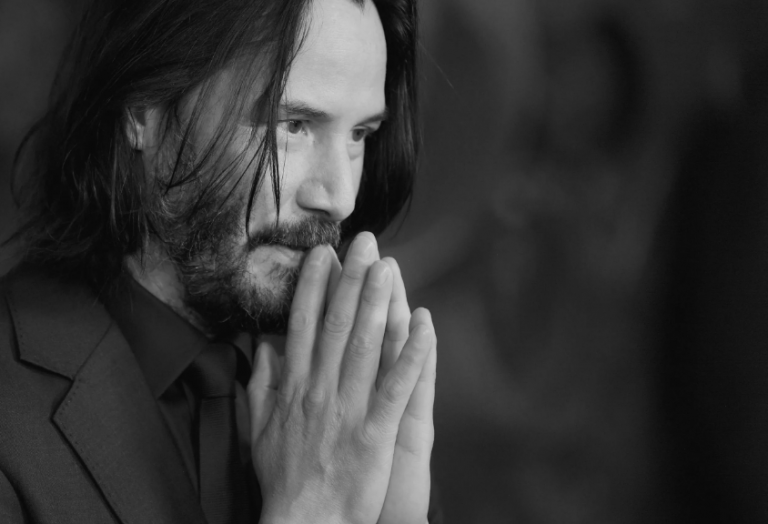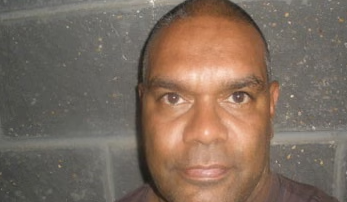Meghann Fahy on How Therapy Shapes Her Most Intense Role Yet
In mid-April 2025, actress Meghann Fahy opened up about how therapy played a key role in preparing her for the most emotionally demanding role of her career. Known for her performances in The Bold Type and The White Lotus, Fahy revealed that she turned to therapy not only as a personal wellness tool but also as a way to channel authentic emotional truth into her work.
Speaking during a panel discussion, Fahy explained that the role required her to explore deep emotional territory that was both rewarding and challenging. She said the character’s experiences mirrored certain aspects of her own emotional history, which made the performance more personal but also more intense.
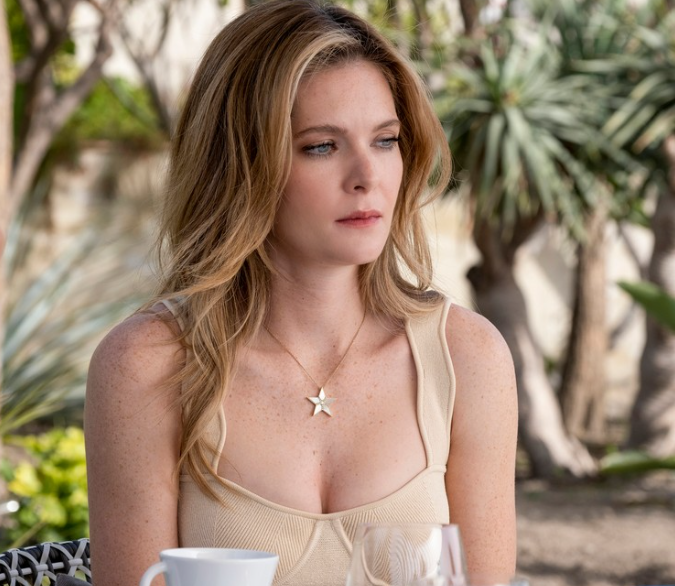
“I knew I needed a safe space to process everything,” Fahy said. “Therapy gave me that space. It helped me separate my personal emotions from my character’s emotions so that I could give a truthful performance without losing myself in it.”
Fahy’s comments shed light on the emotional labor that actors often invest in their craft. While physical preparation for a role—such as learning new skills or undergoing physical training—often receives public attention, the mental and emotional preparation is less visible. For Fahy, working with a therapist became as essential as rehearsals and script study.
She described therapy as a form of emotional conditioning, allowing her to access raw feelings when needed for a scene while also developing tools to decompress afterward. This balance, she explained, prevented emotional burnout and kept her performance consistent throughout filming.
“Acting isn’t just about pretending,” Fahy told the audience. “It’s about finding something real in yourself that connects to the character. But you have to do it in a way that protects your mental health. That’s where therapy helped me the most.”
Her openness reflects a growing trend among actors who are speaking publicly about mental health in the entertainment industry. The pressures of long shooting schedules, high audience expectations, and emotionally intense material can take a toll. For some, therapy serves not only as a personal coping mechanism but as a professional resource.
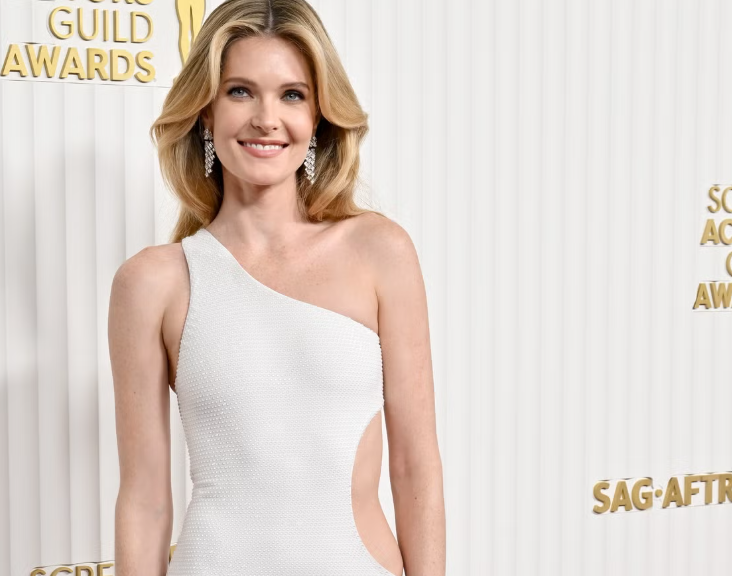
Fahy emphasized that seeking support should never be seen as a weakness. Instead, she views it as a strength that enables deeper, more sustainable creative work. She encouraged other performers to consider therapy as part of their preparation, especially for roles that require exploring trauma, grief, or other emotionally charged themes.
Fans responded positively to her comments, praising her for being candid about the mental and emotional demands of acting. Social media discussions following the panel highlighted how her story resonated with people outside the entertainment industry as well, showing that the value of therapy extends far beyond the stage or screen.
Fahy also credited her directors and co-stars for creating a supportive environment on set. She said having open communication and mutual respect among cast and crew helped make the work both emotionally safe and creatively fulfilling.
“Acting is a team effort,” she said. “When you know the people around you understand and support your process, it makes it easier to take creative risks.”
By sharing her experience, Meghann Fahy has helped pull back the curtain on a side of acting that audiences rarely see—the emotional preparation that goes into creating memorable performances. Her story is a reminder that mental health and artistic expression are closely linked, and that prioritizing well-being can enhance creativity rather than limit it.
As Fahy’s career continues to grow, her openness about the role of therapy in her craft may inspire more actors to see emotional preparation as just as important as any other part of their performance.
